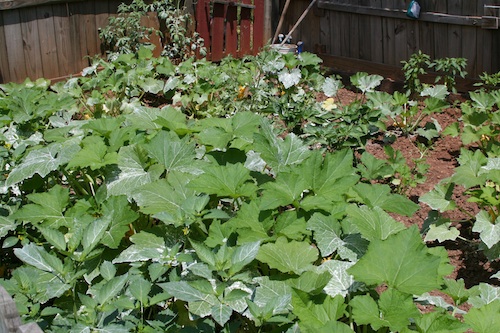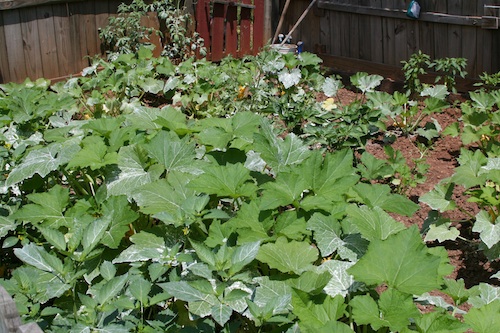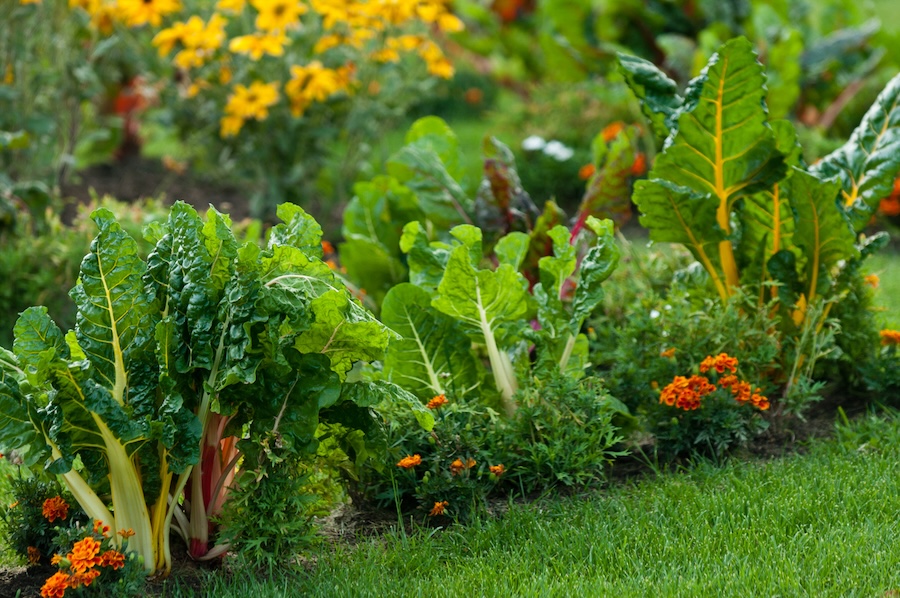Choosing a garden site is one of the most important decisions any gardener will make.
The ideal place for a vegetable garden is a level well-drained site that receives full sun all day. The site should also get good air circulation and the soil should be loose, fertile and easy to work.
Few gardeners are lucky enough to have such a perfect spot. If you’re like most and have a less than ideal location, follow these tips from University of Georgia Cooperative Extension to develop a useable garden site.
Follow these guidelines
• Choose a site that receives at least six hours of direct sunlight each day (10 to 12 hours is ideal) in the summer. A gradual sloping hillside with a southern exposure is preferable.
• Plant vegetables away from buildings, trees and other things that could shade the garden area. If part of the garden must be in the shade, grow lettuce or cool crops such as cabbage, broccoli and kale in that spot.
• Examine the site to see how well the soil drains. Avoid placing the garden in a low spot where water drains poorly and areas that are compacted and stay soggy after a rain. Loamy or sandy loam soils are preferable to a heavy clay soil. Solve minor drainage problems by adding lots of organic matter, which will help retain water and build soil nutrients. Do not add sand to Georgia clay – it will turn your soil into concrete.
• Position the garden away from trees and shrubs. Their roots will rob vegetables of nutrients and water. Remember, tree roots often extend far beyond the drip line.
• Look for a site that supports lush vegetative growth, even if it’s in the form of dark green, sturdy weeds. If weeds won’t grow in an area, vegetables probably won’t grow there either.
• Consider the distance to the nearest water source. A nearby, easy-to-use water supply is important. Watering is crucial at planting time and during the summer heat. If watering is a hassle, the desire to keep the garden going may vanish.
• Take note of how far the garden is from your back door. The closer it is to the kitchen, the more you’ll use those fresh vegetables, fruits and herbs.
Forethought will be rewarded later
Planning is an important step to planting and growing vegetables. The more thought you put into your garden ahead of time, the more successful you will be when it comes to harvesting the fruits of your labor.
For more information on planting a backyard vegetable garden, contact your local UGA Extension office at 1-800-ASK UGA1.




